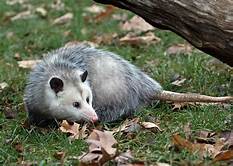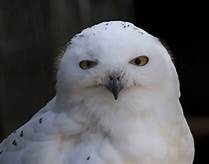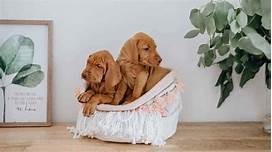Can You Keep an Opossum as a Pet?
Opossums are fascinating creatures, but are they suitable as pets? This article will explore the pros and cons of keeping an opossum as a pet, discussing their unique characteristics, legal considerations, housing and diet requirements, interaction with humans, and potential health concerns.

Opossums: Unique Characteristics
1. Marsupials: Opossums belong to the marsupial family, which means they have a pouch for carrying their young. This unique feature sets them apart from other mammals.
2. Opossum Physiology: Opossums have long, pointed noses, prehensile tails, and opposable thumbs, allowing them to climb trees and grasp objects easily.
3. Nocturnal Behavior: Opossums are nocturnal animals, meaning they are most active at night. This can be a consideration for potential pet owners with different schedules.
Legality of Keeping an Opossum as a Pet
1. Legal Variations: The legality of keeping an opossum as a pet varies from state to state in the United States. Some states have specific regulations or permits required, while others may have restrictions or prohibitions.
2. Importance of Research: Before considering an opossum as a pet, it is essential to research local regulations and permits needed in your area. Failure to comply with the law can result in penalties or fines.
3. Consulting Local Authorities: Contacting local authorities, such as animal control or wildlife agencies, can provide information on the legality and requirements for keeping an opossum as a pet in your area.
Housing and Diet Requirements
1. Appropriate Habitat: Opossums require a safe and secure enclosure that mimics their natural habitat. This includes providing hiding spots, climbing structures, and nesting boxes.
2. Diet: Opossums are omnivorous and have a varied diet. They can consume fruits, vegetables, insects, small rodents, and even carrion. Ensuring a balanced and nutritious diet is crucial for their health.
3. Hydration: Opossums need access to fresh water at all times. Providing a clean and refillable water bowl is essential to prevent dehydration.
Interaction With Humans
1. Social Nature: Opossums are generally solitary animals and may not exhibit the same level of social interaction as other pets. However, they can become accustomed to human presence and may develop a level of comfort with their owners.
2. Handling: Opossums can be defensive when approached or handled improperly. It is important to handle them gently and avoid sudden movements that may startle them.
3. Training: Opossums are not typically known for their trainability. However, with patience and positive reinforcement, it is possible to train them to perform simple tricks or behaviors.
Potential Health Concerns
1. Parasites: Opossums can carry internal and external parasites, such as fleas, ticks, and mites. Regular check-ups and preventive treatments are necessary to maintain their health and prevent infestations.
2. Disease Transmission: Opossums can potentially transmit diseases to humans, including rabies, tularemia, and leptospirosis. Vaccination and proper hygiene practices are essential to minimize the risk of transmission.
3. Diet-Related Issues: An improper diet can lead to health problems in opossums. Ensuring a balanced and nutritious diet is crucial to prevent obesity, vitamin deficiencies, and other diet-related issues.
Declaration: All article resources on this website, unless otherwise specified or labeled, are collected from online resources. If the content on this website infringes on the legitimate rights and interests of the original author, you can contact this website to delete it.




